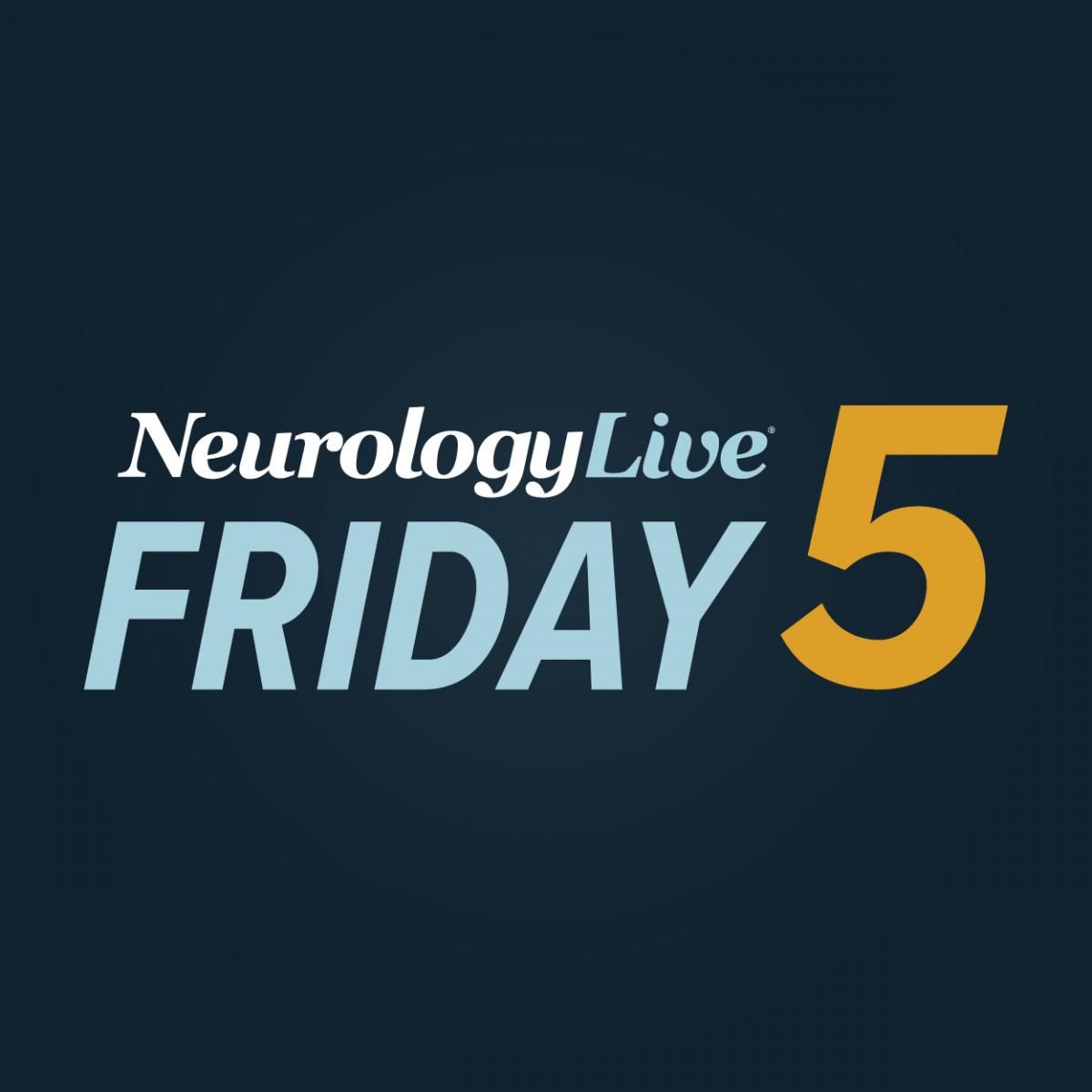Blog
Article
Alzheimer Disease: Promising Advances Give Patients and Families Hope
Author(s):
William Hu, MD, PhD, FAAN, a neurologist at RWJBarnabas Health’s Robert Wood Johnson University Hospital in New Brunswick, NJ, shared new advances to detect and treat Alzheimer disease.
William Hu, MD, PhD, FAAN
(Credit: Rutgers Institute for Health)

An estimated 7 million Americans are living with Alzheimer disease (AD) and the number continues to grow, according to the Alzheimer’s Association.1
There is no cure for Alzheimer, but clinicians are excited about promising advances that may help them detect the disease earlier, which can help them manage it more effectively contributing to a better quality of life for patients.
According to William Hu, MD, PhD, FAAN, associate professor and chief of cognitive neurology at Rutgers Robert Wood Johnson Medical School and Robert Wood Johnson University Hospital (RWJUH), AD is a combined set of brain changes and cognitive decline.
“When someone has enough cognitive decline that their daily functioning is impaired, that’s when we consider someone as having dementia,” Hu, who also serves as director of the Center for Healthy Aging Research at Rutgers Institute for Health, Health Care Policy and Aging Research, explained to NeurologyLive®.
Clinicians can use several tests to determine if someone has dementia or a milder form of cognitive impairment, including paper tests and brain imaging. However, only specialized spinal fluid tests and PET scans can confirm that the cognitive impairment or dementia is caused by AD instead of other causes such as mini-stroke.
Spinal fluid tests evaluate 4 things in the brain/body:
- Presence of amyloid plaque
- Presence of tau tangles (proteins)
- Brain cell loss or shrinkage
- The body’s inflammatory response to these changes
Accumulation of amyloid plaque and tau tangles can block a neuron’s ability to communicate with other neurons in the brain, leading to cognitive decline.
“Over the past 15 years, we can detect Alzheimer directly through a spinal fluid exam,” Hu noted. “We can do it in the very early stages to determine if there are any medications that will delay the disease’s progression.”
Researchers recently revealed study results of a new blood test that is potentially 90 percent accurate in detecting Alzheimer. The test is not FDA approved but is promising because early detection and intervention are keys to slowing the decline in patients with AD.
There are 3 main approaches to treating Alzheimer: symptomatic medications, plaque-removing medications, and lifestyle changes (exercise, ensuring adequate light exposure during the day so the brain remains in a day/night pattern, managing stress, and additional social/cognitive activities).
“Symptomatic medications can improve how you do every day in terms of being a little sharper and able to remember a little more, but they don’t slow down the decline,” Hu explained. “There is a new, exciting class of medications approved over the past 2 to 3 years that can slow down the progression of Alzheimer by removing plaque from the brain. They also slow down cognitive decline by about 25 percent.”
Lecanemab (Leqembi; Eisai) is an FDA-approved drug in this class that will be available at RWJUH. It is a monoclonal antibody that removes plaque from the brain with the same efficacy as other drugs, but with less adverse effects.
Significant benefits can be seen one or two years after treatment begins. “Instead of having five or six points of change over two years, there may be three or four points,” Hu said.
REFERENCES
1. Alzheimer's Association. Alzheimer's Disease Facts and Figures. Accessed August 22, 2024. https://www.alz.org/alzheimers-dementia/facts-figures
William Hu, MD, PhD, FAAN, is a board-certified neurologist specializing in Behavioral Neurology and Neuropsychiatry. After completing his medical training at Mayo Medical School and residency at Mayo Clinic, he pursued a cognitive neurology fellowship at the University of Pennsylvania. He joined Emory University School of Medicine in 2010, where he advanced biomarker-based diagnosis of mild cognitive impairment and dementia. In 2020, Hu was recruited to lead the Division of Cognitive Neurology at Rutgers. As a physician-scientist, he made groundbreaking contributions to dementia research, including identifying TDP-43 pathology in Alzheimer disease, developing a diagnostic test for frontotemporal dementia, and revealing racial differences in Alzheimer cerebrospinal fluid profiles.
Newsletter
Keep your finger on the pulse of neurology—subscribe to NeurologyLive for expert interviews, new data, and breakthrough treatment updates.





